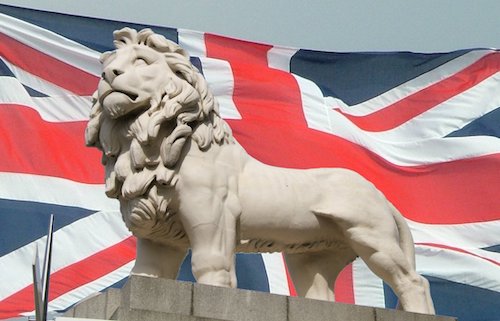After a bitter, three-and-a-half year political battle, the UK will leave the European Union at 11 p.m. on Friday, January 31, 2020. Brexit returns control of British political institutions, immigration laws, regulatory standards, and free trade policies to its citizens.
That is, Brexit empowers the British people to determine their own destiny.
“Brexit was really about a fundamental desire of humanity: our thirst for liberty,” writes Rev. Richard Turnbull in a new analysis for the Acton Institute’s Religion & Liberty Transatlantic website.
Rev. Turnbull, who is director of the Oxford-based Centre for Entreprise, Morality, and Ethics (CEME) and ordained in the Church of England, sets out the opportunities and challenges that face the UK as it exercises the restored aspects of its national sovereignty.
He writes:
There will undoubtedly be a battle between those who wish UK trade and regulatory standards to remain aligned with the EU in return for zero tariffs and so-called frictionless trade. This is a siren song. If that were the objective, there would be little point in leaving the single market, the customs union, or the EU itself. We need to encourage a new outlook for trade that champions innovation, the free exchange of goods and services, and consumer choice. The freedom to negotiate trade deals and arrangements with our closest allies like the United States – which has been illegal whilst we have been members of the EU – or any other sovereign country that wishes to trade to mutual advantage lies at the heart of the opportunities that beckon after Brexit.
Read his full analysis and see why he asks lovers of liberty across the transatlantic sphere to “raise a glass with me to celebrate our freedom.”
(Photo credit: Jonund. CC BY 2.0.)

